Better Addiction Care Blogs

Addiction stigma harms individuals by reinforcing shame and isolation. Addiction stigma is overcome through education, empathy, open dialogue, and supportive recovery-focused policies.Addiction is a complicated and diverse problem that affects millions of people around the world.

Substance abuse disorders, such as addiction, are intricate and wicked diseases that impact not just the afflicted person but also their loved ones. The process of forgiving someone who is struggling with addiction can have a life-changing impact on those who care about them.
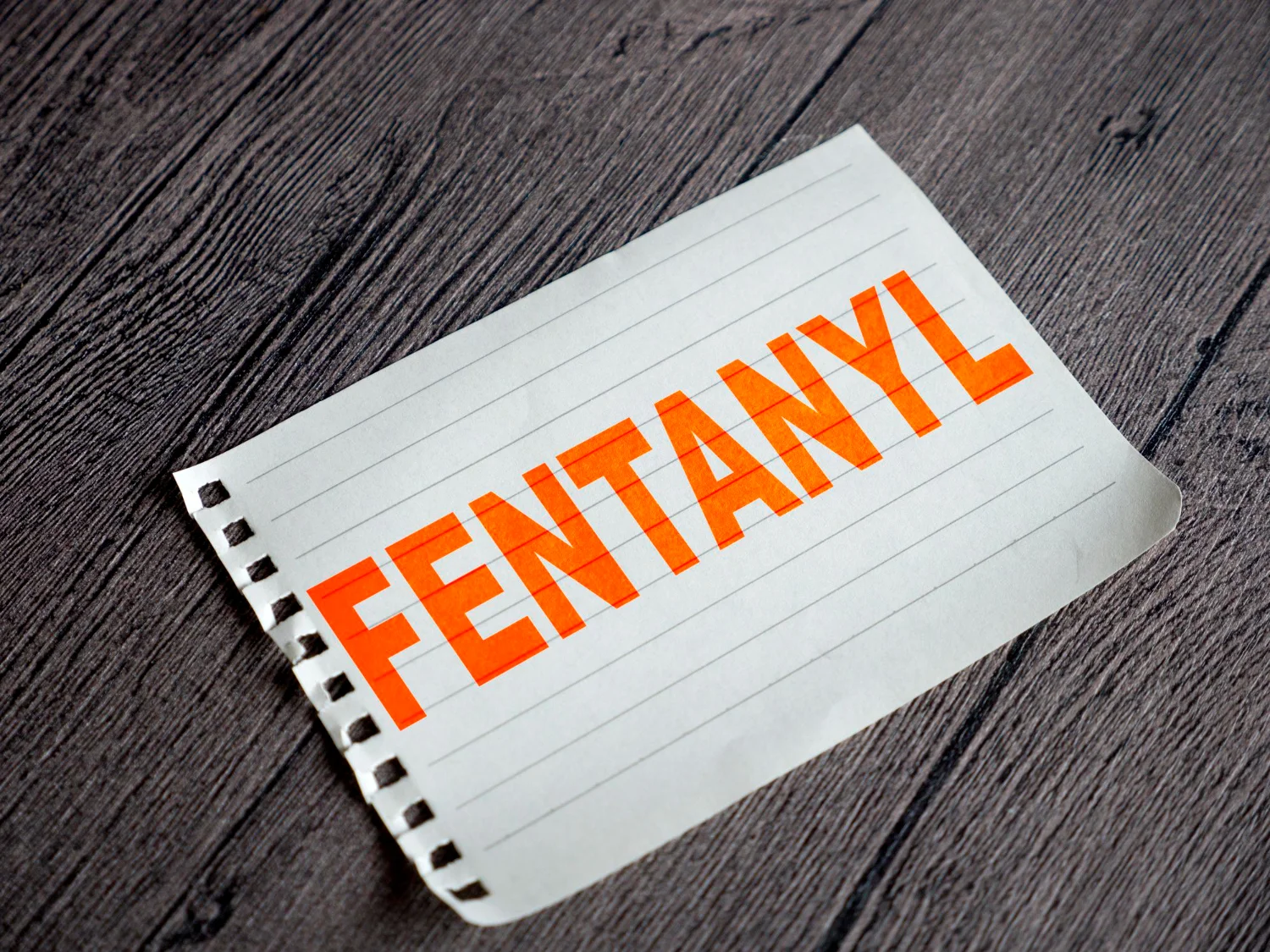
Fentanyl addiction is driven by its extreme potency and rapid dependence potential, poses severe dangers, including high overdose risk and fatal respiratory depression, and is treated through medication-assisted therapy, behavioral counseling, and comprehensive support programs.

Alcohol abuse therapy is a structured treatment approach that helps individuals overcome problematic drinking by addressing the psychological, emotional, and behavioral aspects of alcohol use disorder through evidence-based methods like counseling, behavioral therapies, and support programs.

Alcoholics Anonymous (AA) is a globally recognized program designed to help individuals overcome alcohol addiction.Among the 12 steps of AA, Step 4 is often considered one of the most challenging yet transformative stages.

To deal with an alcoholic coworker, you must start by maintaining professionalism and empathy, which are essential in this type of situation. Gather evidence by quietly watching their actions; then, when you approach them to start a conversation, do so with empathy rather than judgment.
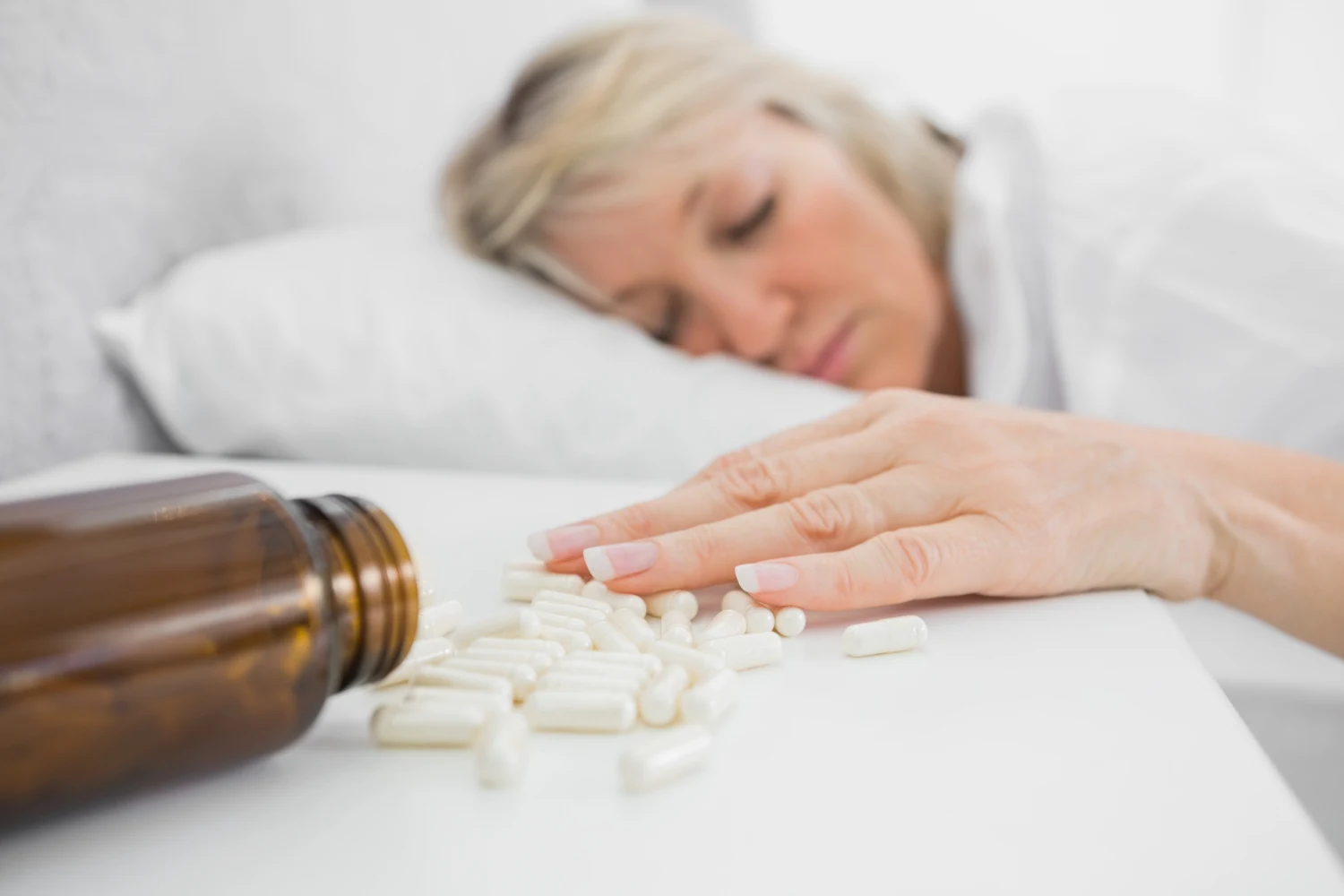
Yes, you can overdose on sleeping pills, especially if taken in large quantities, mixed with other substances, or used beyond prescribed limits, which can lead to serious health risks or even be fatal.
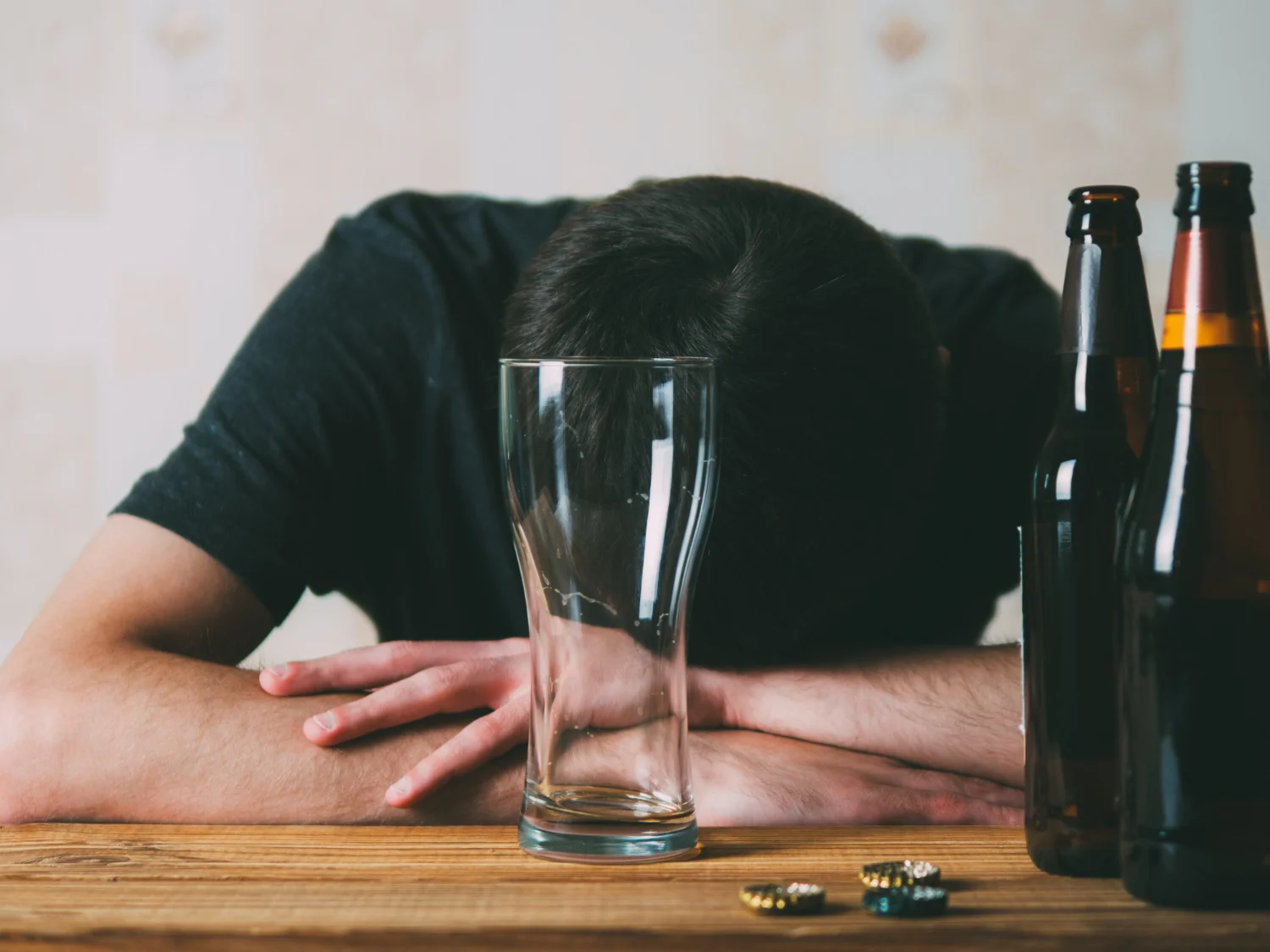
Confronting a person with an alcohol abuse problem is crucial, mostly for the health of the addict as well as their loved ones. Discussing an addiction with them might help them realize how serious their issue is and how they need to make changes.
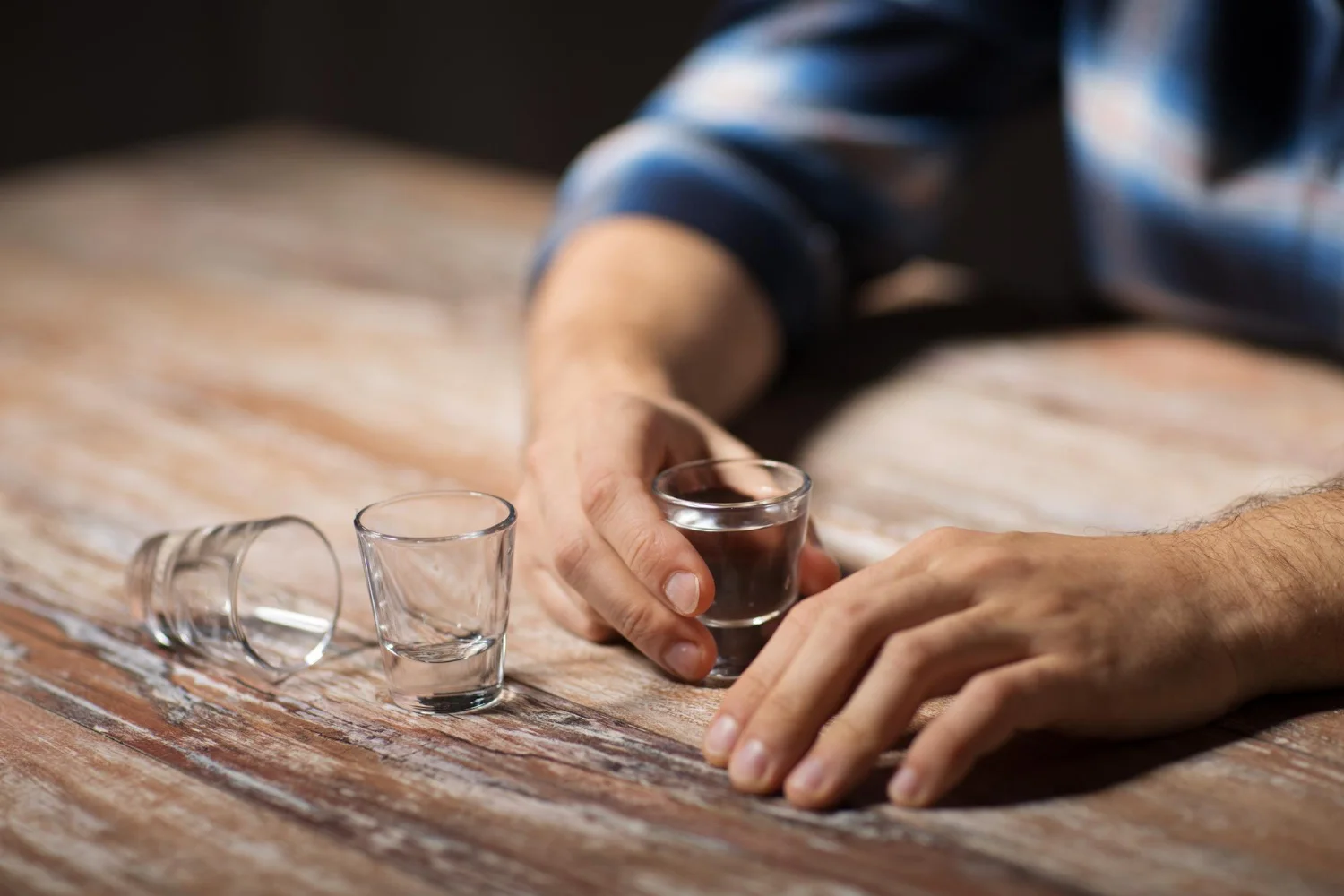
Binge drinking is fueled by a campus culture that normalizes heavy alcohol use, poses a serious public health crisis due to its health consequences, and is influenced by socioeconomic factors that shape access and attitudes toward drinking.
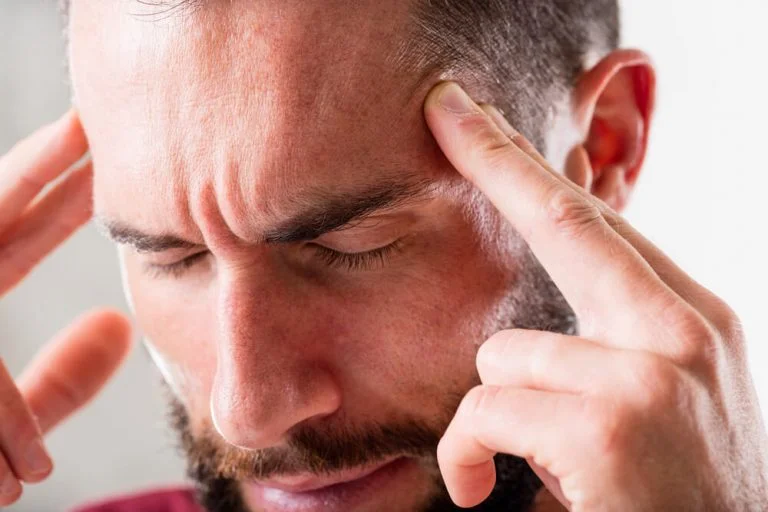
If you're struggling with alcohol addiction and contemplating quitting, you're not alone. The road to recovery can seem daunting, especially with fears and questions about alcohol withdrawal. This guide provides clear, supportive, and practical information to help you understand what to expect and how to manage this challenging process.
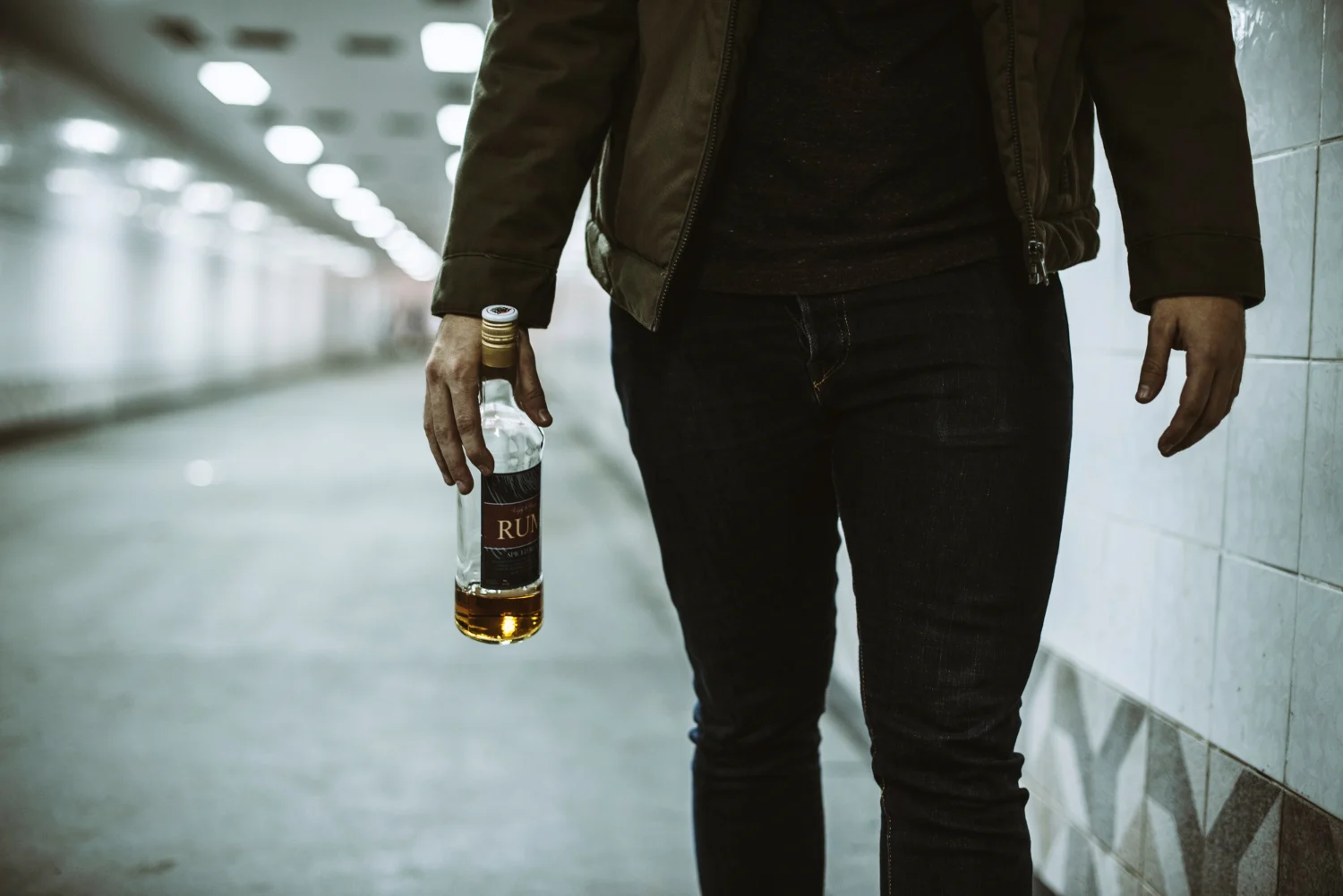
Alcohol is central to many cultures and social events. Even though a little alcohol may seem harmless, it's important to understand the risks that too much alcohol over time can have on our health.Around 5% of all deaths worldwide result from alcohol misuse; that's 3 million deaths a year.
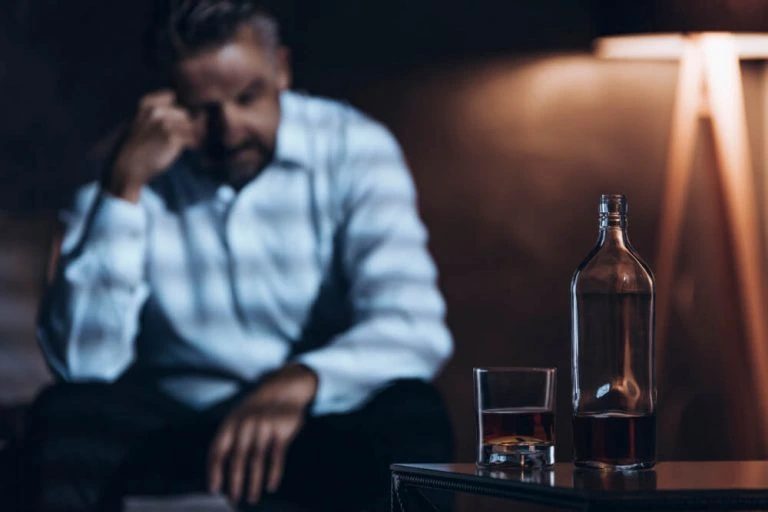
Outpatient alcohol treatment provides structured therapy and medical support while allowing individuals to live at home, offering flexibility and lower costs compared to inpatient care, though effectiveness depends on commitment and support systems.
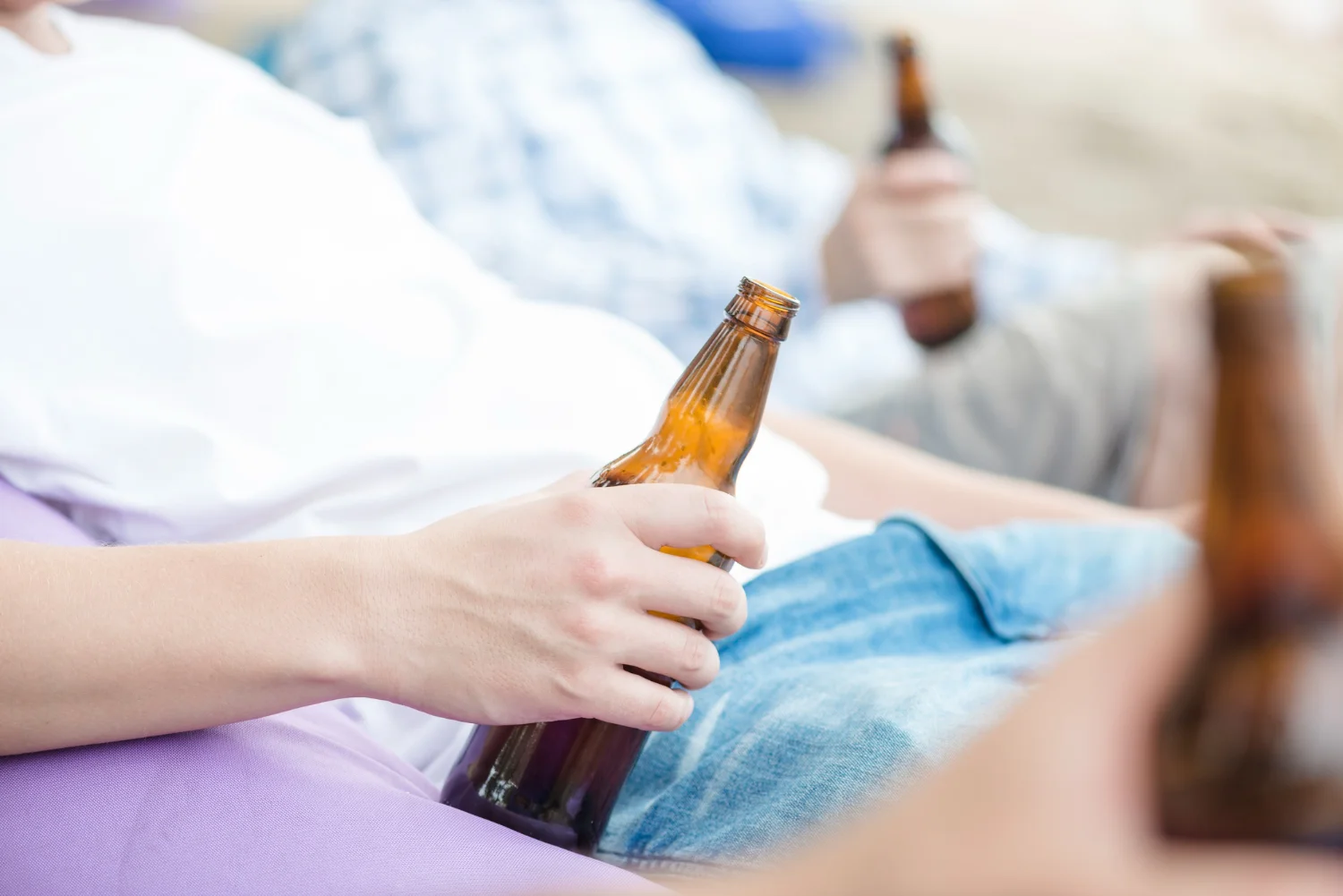
Nowadays, alcohol is everywhere you look! You have seen it in movies, heard about it in songs, and encountered it while scrolling through social media. Over the decades, popular culture has played a key role in glorifying the way our society perceives alcohol.
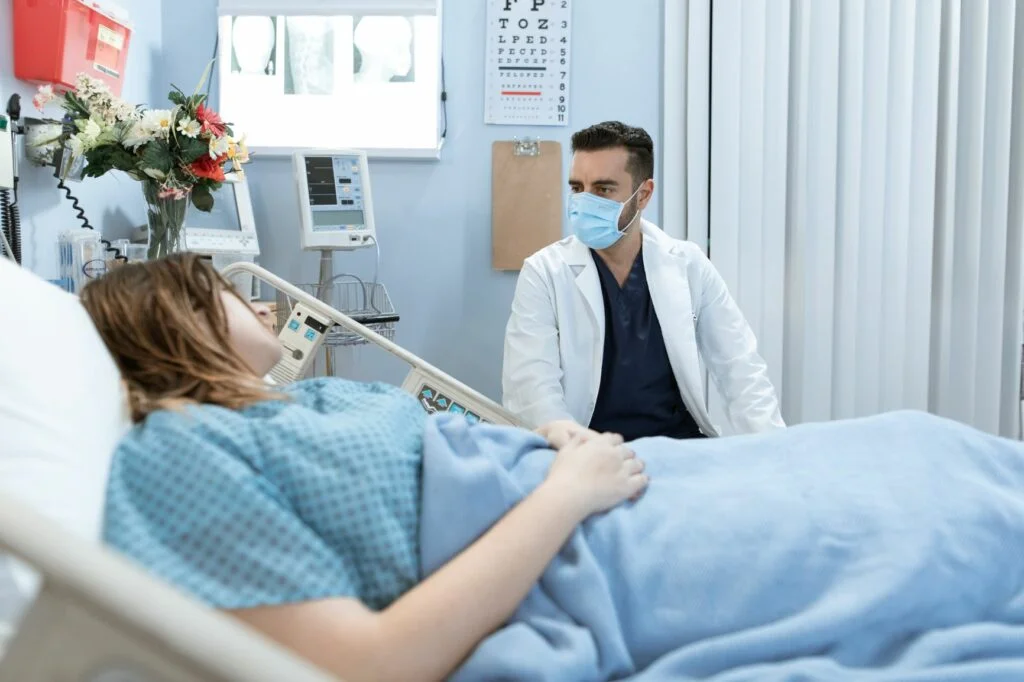
The overdose after the completion of the drug detox program is closely related to the key problem of "dropping dead" on the way to becoming sober, as the process of getting rid of the dependence on drugs becomes a lethal encounter.

With the CAGE questionnaire, you can quickly detect alcohol use issues by asking four short questions that highlight drinking habits and emotional responses linked to alcohol. These questions help health professionals decide if someone might need further evaluation or support.
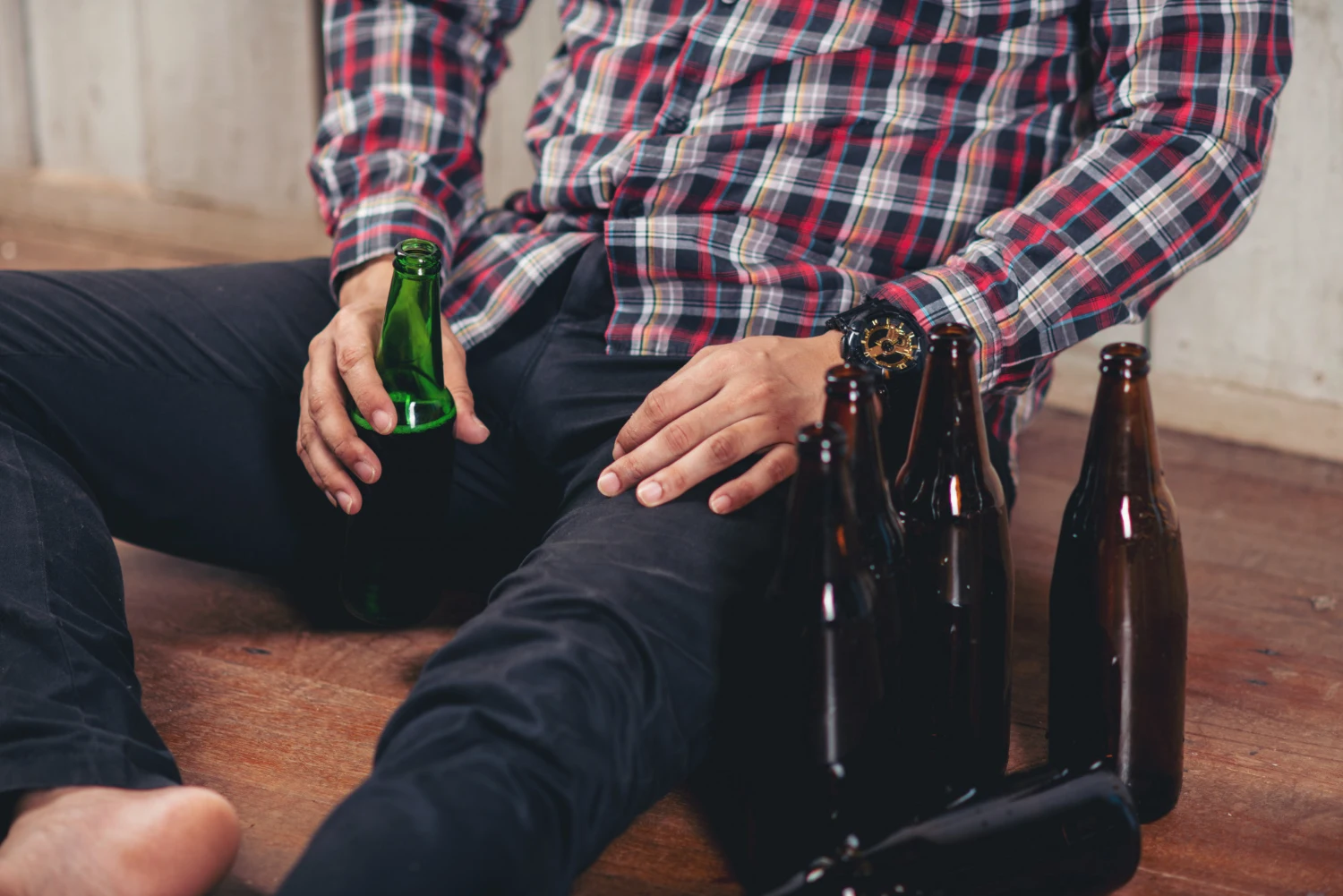
Alcohol poisoning is a severe illness that can be deadly if you drink a lot of alcohol in a short amount of time. Alcohol poisoning occurs when the concentration of alcohol in the blood becomes so high that it interferes with vital biological functions such as breathing, heart rate, and temperature regulation.

In the United States, college drinking is a major problem due to its high frequency and negative effects on students' social lives, academic performance, and health. Some specific environments inside the campus have a strong culture of alcohol consumption, which is sometimes seen as a basic feature of the academic experience or a necessary ritual to complete.
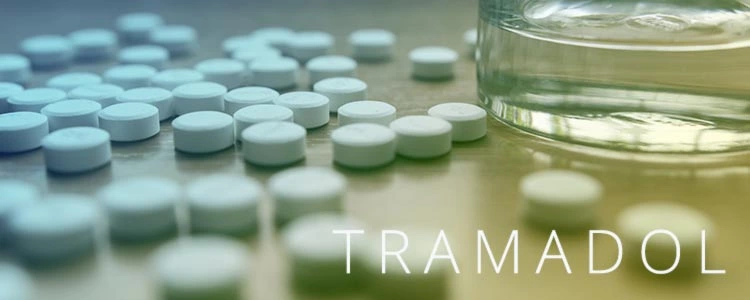
Tramadol is an opioid analgesic painkiller that goes by the brand name Ultram. There is an extended-release version of this drug and a variation that combines tramadol with acetaminophen. Tramadol is prescribed to treat moderate to severe pain and is considered safer than other narcotics, like Vicodin.

Halfway houses, also known as sober living homes or transitional living facilities, are housing programs offered to individuals who are transitioning back into society after completing a rehabilitation program, serving a prison term, or experiencing other kinds of life struggles that require extra structure and support to reintegrate into everyday life.
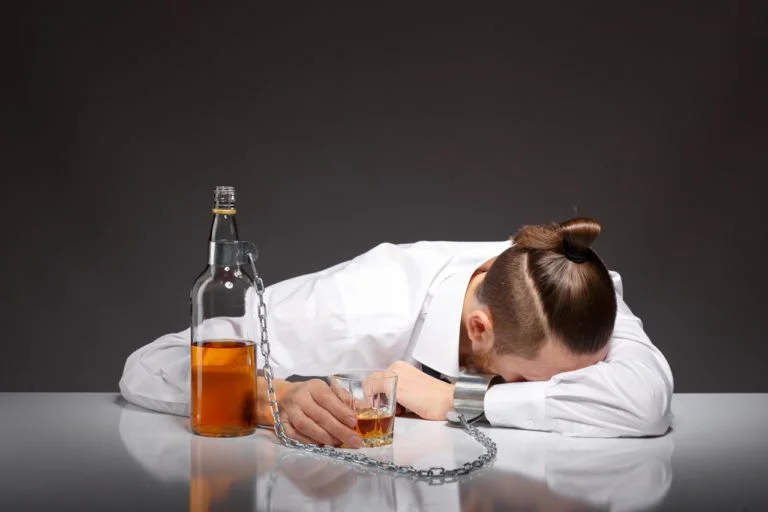
The Sinclair Method (TSM) is a new way to treat Alcohol Use Disorder (AUD) that uses drugs, specifically naltrexone, to promote recovery. This method has the unique characteristic of allowing people with AUD to consume alcohol while taking naltrexone.
